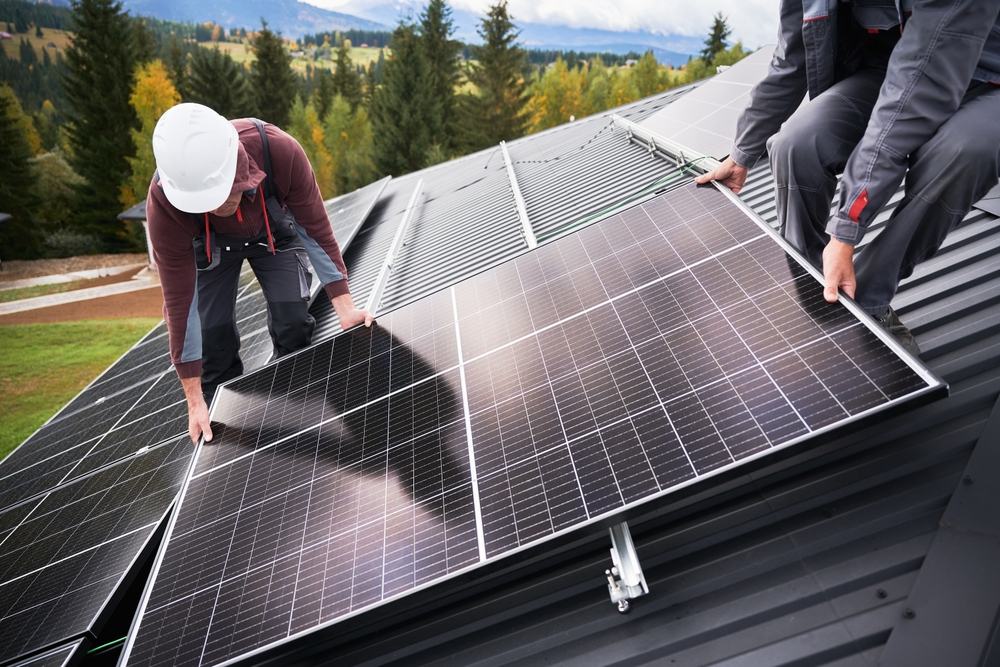
In the pursuit of corporate sustainability, businesses are increasingly investing in renewable energy solutions like solar panels. Understanding the lifespan of solar panels and how it aligns with sustainability goals is crucial for businesses aiming to enhance their environmental stewardship while achieving long-term financial benefits.
Solar panels contribute significantly to reducing greenhouse gas emissions and reliance on fossil fuels. Their long lifespan means that businesses can achieve substantial environmental benefits over several decades, aligning with long-term sustainability goals. By generating their own electricity, businesses reduce their dependence on external energy sources and contribute to a more resilient energy system. This supports sustainability by minimizing the carbon footprint and enhancing energy security.
Solar panels provide a favorable Return on Investment and allow tax credits for business over their lifespan. The initial investment is offset by long-term savings on energy costs, making solar panels a financially viable option for businesses. The cost savings contribute to overall financial sustainability and support long-term business viability. Solar panels help businesses lock in energy costs for the long term, providing stability in operating expenses. This predictability allows businesses to better manage their budgets and allocate resources more effectively.
Adopting solar energy can be a key component of a business’s Corporate Social Responsibility strategy. It demonstrates a commitment to environmental stewardship and sustainable practices, enhancing the company’s reputation and brand image. Many businesses track and report their sustainability efforts as part of their corporate reporting. The installation of solar panels and their long-term performance can be highlighted as a significant achievement in sustainability reporting, showcasing the company’s environmental impact.
Regular maintenance and cleaning are essential to maximize solar panel lifespan and ensure they continue to perform efficiently. Businesses should implement a maintenance plan to address issues promptly and extend the operational life of their solar systems. Advances in solar technology may extend the solar panel lifespan. Staying informed about technological developments can help businesses make informed decisions about upgrading or expanding their solar installations.
Solar panels can enhance the value of commercial properties. Businesses that own their property may benefit from increased property value, which can be advantageous if they decide to sell or lease the property in the future.
The solar panel lifespan plays a critical role in achieving and sustaining business sustainability goals. With a typical lifespan of 25 to 30 years, solar panels provide long-term environmental and economic benefits that align with corporate sustainability objectives. By reducing greenhouse gas emissions, ensuring energy independence, and delivering financial savings, solar panels support businesses in their quest for sustainability. In need of a consultation? Reach out to PTM to get started today!
Quick Links
Resources
PTM Headquarters
6538 Baptist Way,
East Syracuse, NY, 13057
PTM Utica
502 Court St.
Suite 215
Utica, NY 13502
PTM Utica Phone #:
(315) 930-3619
PTM Maine
400 Congress St.
Floor 3, Suites 326 & 303
Portland, ME 04101
PTM Maine Phone #:
(315) 941-4678